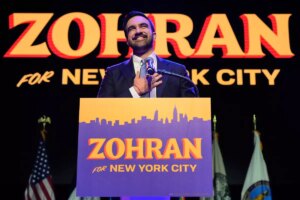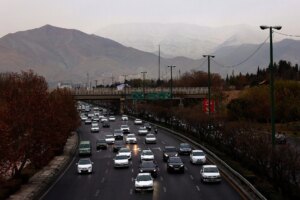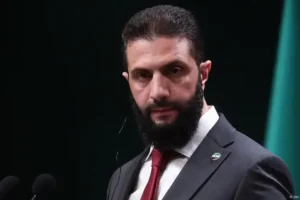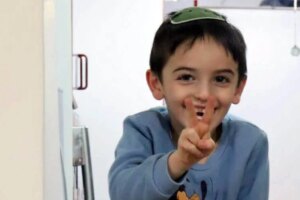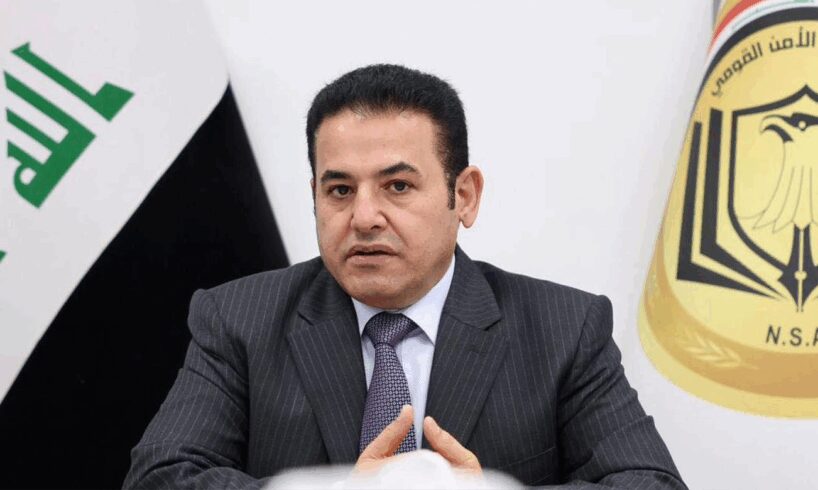
Shafaq News – Baghdad
Just twenty days before Iraq’s parliamentary
elections, National Security Adviser Qasim al-Araji landed in Tehran leading a
high-ranking delegation on a visit that combined diplomacy, security
coordination, and unmistakable political signaling.
The trip came at a moment of regional tension
— a fragile Gaza ceasefire, new US sanctions on Iraqi entities, and growing
speculation about an Israeli-Iranian confrontation — all factors that place
Iraq squarely between two rival powers seeking influence over its political and
security landscape.
Read more: Baghdad walks tightrope in Iran–Israel conflict
Security and Politics Intertwined
Officially, the visit aimed to enhance
intelligence and counterterrorism cooperation and to reaffirm the 2023
Iran-Iraq security agreement. Iraqi sources described the talks as “sensitive
and strategic,” addressing both the coordination against terrorism and US
pressure on Baghdad to curb its ties with Tehran amid fresh American sanctions.
Yet the timing was unmistakably political.
With the election campaign entering its decisive phase, Al-Araji’s trip stirred
debate in Baghdad about whether the mission served Iraq’s institutional
interests or personal ambitions. His name has circulated for months as a possible
prime-ministerial contender, and Tehran’s reception appeared carefully
choreographed — a nod to a familiar and reliable interlocutor in Baghdad.
Analyst Dr. Jalal Jaraghi, director of the
Afaq Center for Iranian-Arab Studies in Tehran, told Shafaq News that “Iran
views Iraq’s upcoming elections as critical to maintaining strategic depth. It
wants a stable political environment in Baghdad, led by forces that favor
dialogue and coordination with Tehran.”
The Tehran Sessions
During his stay, Al-Araji met Iranian
President Masoud Pezeshkian, Parliament Speaker Mohammad Bagher Qalibaf,
Foreign Minister Abbas Aragchi, and National Security Council Secretary Ali
Larijani, in addition to senior military officials from the Revolutionary Guard
and the General Staff.
In a joint press conference with Larijani,
Al-Araji emphasized that “no one can undermine the deep relations between the
peoples of Iraq and Iran,” reaffirming Baghdad’s commitment to “resolve
international disputes through dialogue rather than confrontation.”
He revealed that Iraq had filed a formal
complaint to the UN Security Council against Israel for launching strikes on
Iran from Iraqi airspace, stressing that “no party has the right to use Iraq’s
territory or skies to attack Iran.”
From the Kurdish side, Interior Minister
Reber Ahmed confirmed that the Kurdistan Region “remains committed to the
bilateral security agreement, including the disarmament of anti-Iranian armed
groups, and will not allow its territory to be used against the Islamic Republic.”
Tehran’s Message: No Space for Ambiguity
For Iranian officials, the visit was an
opportunity to reassert boundaries.
Larijani declared that both nations are
determined to prevent “US and Israeli exploitation of Iraqi territory against
Iran.”
Armed Forces Chief of Staff Maj. Gen.
Abdolrahim Mousavi described the Iran-Iraq bond as a “strategic fraternity that
worries Washington,” urging full implementation of the bilateral security
accord.
Revolutionary Guard Ground Forces commander
Maj. Gen. Mohammad Pakpour delivered a blunt warning, “If we are attacked, our
response will exceed the intensity of the 12-day war. We will make our enemies
live in hell.”
Tehran’s rhetoric reflected a growing sense
that the region may be sliding toward a new round of confrontation with Israel.
Iranian strategists believe that the recent Gaza ceasefire, far from ending the
conflict, may have been intended to allow Israel to open another front —
potentially against Iran itself.
Khamenei’s Warning and Iran’s New Posture
Adding to the charged atmosphere, Supreme
Leader Ayatollah Ali Khamenei recently referred to statements of US President
Donald Trump regarding the strikes on Iranian nuclear sites, mocking
Washington’s “illusion of success.” He asserted that Iran’s defense and scientific
infrastructure remained intact and credited Iran’s resilience to its
“knowledge-based power.”
According to Dr. Jaraghi, this statement
signals a policy of deliberate ambiguity: “Iran tells the world that some sites
were hit, while others claim the attack failed — a dual message designed to
confuse its adversaries and project deterrence. At the same time, Tehran has
clearly shifted eastward, deepening ties with Russia and China.”
He explained that Moscow and Beijing view
Iran as the geographical bridge connecting their strategic corridors — from
Central Asia to the Mediterranean via the Zangezur Corridor — and are
reinforcing Iran’s air-defense and technological capabilities for any future
confrontation with the West.
Jaraghi added that “the war only strengthened
Iran; it learned to fortify its ground and air defenses and to rely on
indigenous expertise. Even critics admit that Iran emerged from that
confrontation more confident and less dependent on Western leverage.”
Washington’s Countermoves
In parallel, Washington is intensifying
pressure on Baghdad. US Secretary of State Marco Rubio phoned Prime Minister
Mohammed Shia al-Sudani this week, urging him to “accelerate the disarmament of
Iran-backed militias that undermine Iraq’s sovereignty and threaten both Iraqis
and Americans.” He also pressed for faster progress on pending US investment
deals in Iraq.
These remarks came on the heels of the US
Treasury’s new sanctions on Iraqi companies accused of funneling money and
intelligence to Iran-aligned armed groups. The measures highlight Washington’s
concern that Tehran’s allies could dominate Iraq’s next parliament.
At the same time, Iran’s Quds Force commander
Ismail Qaani made an unannounced visit to Baghdad days ago, meeting with
leaders of Shiite factions and Coordination Framework parties to ease internal
tensions. His message, according to political sources, was clear: maintain
unity ahead of the elections and avoid public disputes that could weaken
pro-Iran blocs.
Together, these two parallel campaigns — US
sanctions and Iranian mediation — illustrate how both powers are maneuvering to
shape Iraq’s political landscape before voters head to the polls.
Read more: Armed factions in the region: Retrenchment, repositioning, or decline?
Between Two Fires
Iraq’s government has been praised for
navigating these rival pressures.
When Israel and Iran exchanged strikes
earlier this year, Al-Sudani’s administration managed to keep Iraq neutral — an
act many Iraqis saw as proof of maturity and strategic independence. Yet
neutrality may be increasingly hard to sustain.
Baghdad depends on Tehran for energy and
security cooperation, yet in Washington for financial access and international
legitimacy. Every escalation between the two powers exposes Iraq’s
vulnerability. Al-Araji’s visit to Tehran, therefore, was less about protocol
and more about crisis prevention — a bid to ensure that Iraq does not again
become the arena of others’ wars.
A Test of Iraq’s Neutrality
Observers in Baghdad also see the visit as a
message to domestic and foreign audiences alike.
For Tehran, it reaffirmed Iraq’s commitment
to the bilateral security pact and its unwillingness to let Israeli or American
operations breach Iranian sovereignty.
For Washington, it underscored that Iraq’s
security establishment still values coordination with its eastern neighbor —
even under sanctions pressure.
And for Iraq’s own political class, it hinted
that Al-Araji remains a trusted interlocutor for both sides, a potential
consensus figure in a post-election landscape that could demand compromise.
As the region braces for potential turbulence
— from Gaza to the Gulf — Iraq’s balancing act grows more delicate. The
country’s stability will depend on whether it can continue to serve as a
mediator rather than a front line.
Al-Araji’s meetings in Tehran and Qaani’s
quiet shuttle diplomacy in Baghdad together suggest that both Iran and Iraq
prefer de-escalation for now. Yet the competing pressures from Washington and
Tehran make that balance increasingly precarious.
In this sense, Al-Araji’s visit was more than
a diplomatic ritual: it was a reflection of Iraq’s enduring struggle to define
sovereignty in a neighborhood where every handshake and every airstrike
reverberate far beyond its borders.
Read more: Failure or feat? A bold assessment of PM Al-Sudani’s tenure
Written and edited by Shafaq News staff.
